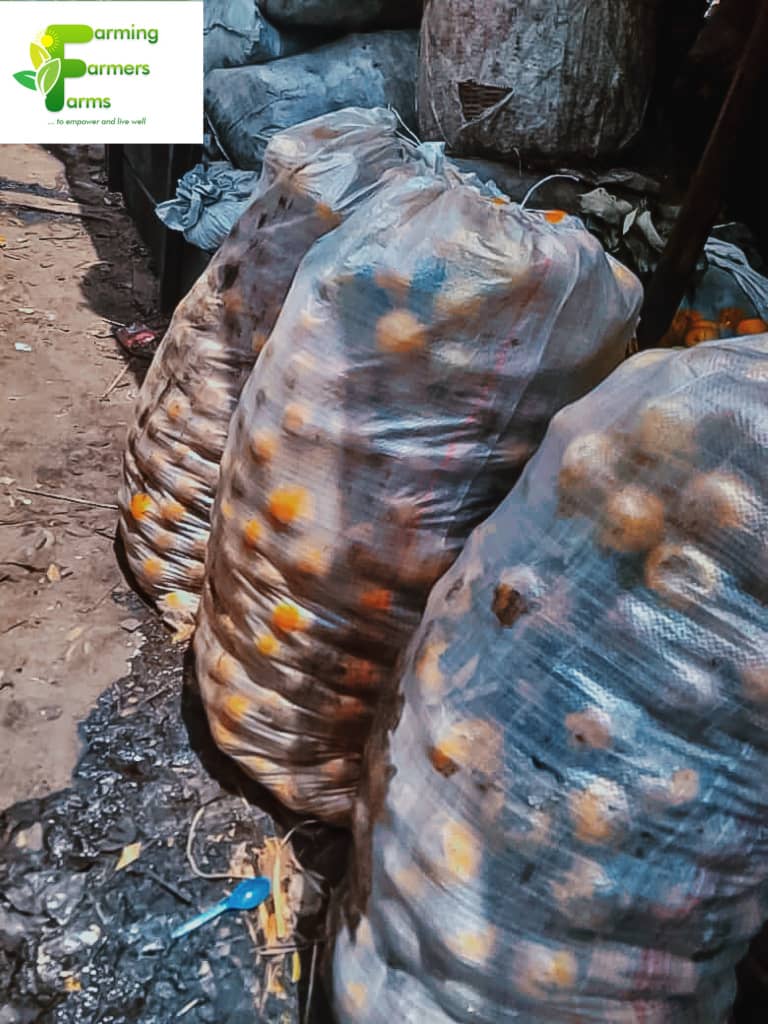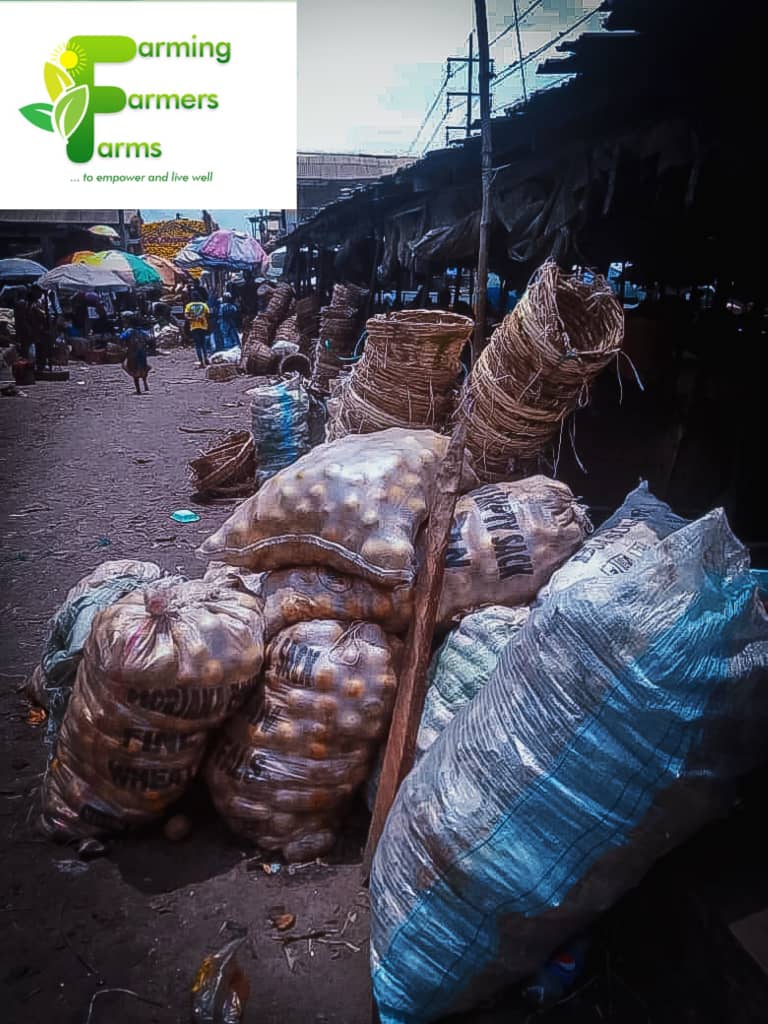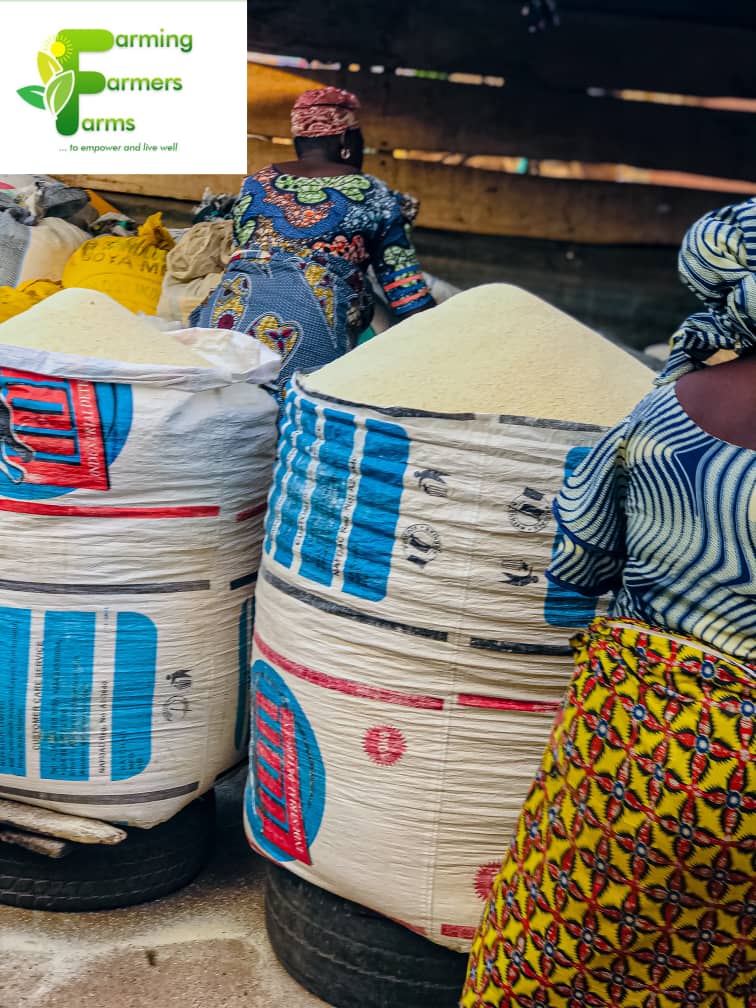Nigerians, over the last few months have faced challenges, going about their daily businesses, as a result of shortage of cash, which surfaced after the Federal Government approved the redesign of the N200, N500, and N1,000 denominations of the country’s currency. In late 2022, the Nigerian government, through the Central Bank Governor, Godwin Emefiele, ordered that all old N200, N500, N1,000 notes cease to be legal tenders and should be deposited in the banks, and were expected to be out of circulation by January 2023, a deadline which has now been extended till 31st of December 2023, after the Supreme Court ruled that the old notes remain legal tenders.
The inability of banks to effectively circulate the new notes, introduced a scarcity of cash, which came with a lot of unbearable conditions for the Nigerian people, as banks are struggling to evenly distribute the new notes, while the old notes at hand could not be spent, either. Commercial banks are struggling with effective cash circulation, witnessing long queues of customers, while Point of Sales (POS) agents began to charge N300 and above on each thousand to be withdrawn, depending how lucky you are, or how generous the agent is. According to them, “they’re also buying the money”. The currency scarcity is greatly affecting the agriculture sector, like every other sector.
On the 10th of March 2023, a video surfaced on social media, from a blog named “@coded blog”. The one-minute video shows some rotten bunches of plantain. It has the voice of a man who said “This is Idi Oro market, Mushin. All these plantains are for sale, but take a look at everything, just because of the shortage of cash. Because of the shortage of cash, everything is rotten, spoilt, and there’s nothing anybody can do about it. We don’t know who to blame now. I just believe Nigerians will survive all these. It’s just too bad that these people cannot make sales from their market. No cash to buy, and everything is spoilt”.
To document the experiences of farmers, produce sellers and traders in Nigeria since the problem of cash scarcity broke out; FarmingFarmersFarms visited some farm produce markets in two states of the country; Lagos and Oyo. Findings by FarmingFarmersFarms show that a good number of farm produce sellers have suffered great financial losses since the shortage of cash began. A unifying experience among farmers and sellers is that their goods get rotten and at the end of the day, they’re forced to sell at lower prices against the normal prices that would earn them profit.
Better Life Market, Ikotun, Lagos
FarmingFarmersFarms visited Ifelodun Fruit Sellers Association of Better Life Market in Ikotun, Lagos. This market specialises in the sales of fruits like orange, cherry, pear, watermelon, pineapple and others. The mood in this market was not welcoming, as it could be seen on the faces of sellers, who were not interested in speaking to this reporter because, “they’re yet to make sales and not in a mood to talk”. It took convincing efforts of the reporter to be able to get some traders to share their experiences.
Esther Adewole, a leader of the Ifelodun Fruit Sellers Association of the market, bemoaned the “unreasonable” naira redesign policy, which has not only put people in difficult situations, but has also made them suffer loss of money and lives. According to Esther, it was difficult for traders, especially produce sellers, to adapt to the sudden cashless policy that had been enforced on Nigerians, because most of the sellers do not have an understanding of how mobile and digital transactions work, and do not also have active bank accounts, and even for those who do, it’s difficult for them to purchase farm produce from their supplier farmers, because they do not accept transfers from them.
“We sell perishable goods and it’s difficult for us to hold on to it for a long time. We’d have accepted transfers, if we were able to use it to get goods, but we can’t, because our suppliers only accept cash from us. We have lost a lot of money as a result of this because our goods get spoiled, and we have to dispose of them. It’s even difficult to pay our transporters. They also said it’s difficult for them to make use of the money, as they can’t get cash either.

Sacks of rotten fruits
Pending, unsuccessful digital and mobile payment options
When it was obvious that cash wasn’t coming back in circulation soon, sellers at this market agreed to begin to accept transfers. However, they complained about the challenges encountered during the course. Sometimes, they don’t receive credit alerts of goods sold, other times, banks hold on to their money. “Even when we decided to start to accept transfers, the network would make the transactions unsuccessful, and most of the time, we don’t receive the money, and customers would insist on getting their goods because they have paid. In fact, there were cases of lots of “fake transfers”, where we’re immediately credited, but almost immediately, the money would be removed again, and customers would have gone with the goods”.
Great loss of capital and profit
Another member of the association, Ms. Sekinat (Not real name) said she got a loan of N500,000 to get goods from local farmers to sell, but the naira redesign policy had put her in debt, as she couldn’t even recover the capital invested in the business, talk-less of profit. She told this reporter that at some point, she was forced to sell goods at very low prices, because she couldn’t bear to see them get spoilt. “When it became very serious, I sold goods worth N2,000 for N700, and those of N5,000 for N3,500. I’m in serious debt already and I don’t know how to sort myself. I may even have to run away, because it’d be a big shame for me, when my creditor begins to embarrass and disgrace me”. Before this reporter left the market, about 60 sacks of rotten oranges and other fruits were counted. According to the sellers, those bags of fruits are bad and can’t be sold again. They mentioned that to dispose of them, it would cost them N500 per bag. Meanwhile, they pleaded with the government and relevant bodies to reconsider the decision and bring enough cash back into circulation.
Farmers Market (Oja Agbe), Moniya, Ibadan
FarmingFarmersFarms visited Oja Agbe, a popular produce market at Moniya, Ibadan on one of its market days. This market is notable for the sales of farm produce like pepper, vegetables, and fruits, among others. When this reporter got to the market, the mood was similar to that of sellers at the Better Life Market. Most sellers were seated with no customer to attend to, even though at the time of this visit, the market is known to be filled with sellers and buyers alike. Eventually, a woman was approached. She sells vegetables and peppers. Commenting on how much the cash scarcity crisis had affected her, she said it’s been difficult to sell goods, because she is a local farmer and she currently does not own a phone.
According to her, when people approach her to buy goods, once they do not have cash, she cannot sell to them, because they’d opt for an online payment option, and that is impossible for her to initiate. “This issue of cash scarcity is really affecting me. Since it all began, people don’t have cash to patronise us. They tell us to accept transfers, but I can’t, because I don’t own a phone. Most times, I take goods back home and we eat from it, others get spoiled and there’s nothing I can do about it. I can’t even send my children to school, because it is the proceeds from this market that I use to train them in school, because they don’t have a father”.

Sacks of rotten fruits
More failed and false transactions
In what seems like a national menace, sellers at Oja Agbe, Moniya, are also not left out in the reoccurring situations of failed and fake online transactions. According to Mrs. Bose Hamzat, another seller at this market, despite the fact that purchasing and selling goods have been difficult for them at this period, buyers are also contributors to their woes. She mentioned that most of the time, she sells goods after agreeing to accept online or mobile payment options, she does not get credited and the buyer would have gone. “The issue of cash scarcity is giving us a tough time. One time, I went to buy N100,000 worth of goods in the Northern part of the country, I was charged N25,000 for the transaction. It was not the best option for me, but I didn’t have a choice. Buyers also try to dupe us. We understand that sometimes, there may be network failure and we won’t be credited on time, but some people also intentionally try to defraud us.
“On different occasions, some buyers have been caught in this market to be using fake transaction alerts to collect goods from sellers, when in reality, they didn’t send the money. It’s not fair at all, because they should understand that we’re in this together”, Bose Hamzat further pleaded with the incoming government to ensure that this crisis does not repeat itself. She mentioned that the reopening of land borders may also ease the situation. “God will strengthen the incoming government. We’re begging them to make sure that we always have enough cash in circulation. Also, if the land borders can be reopened, it’d be easier for us to get out of this mess, particularly as produce sellers. Something needs to be done as soon as possible because the people are hungry”.
Association’s intervention
Speaking with FarmingFarmersFarms in an interview, the National President of All Farmers Association of Nigeria (AFAN), Arch. Kabir Ibrahim said that the naira redesign is affecting agriculture greatly, especially those who engage in casual labour. The groups of people, who engage menial labour rarely have bank accounts to receive payments. Also, purchasing condiments has been very difficult and productivity is affected. “When you make transfers to people, who are engaged in menial labour, it takes a long time to actualise. Sometimes, labourers can’t eat and it affects their output. Also, traders of farm produce find it difficult to make sales”, he said. He equally mentioned that it is too early to determine how bad the effects of the naira redesign policy will be on food production.
He, however, added that if the cash crunch continues, it’d have an adverse effect on agriculture, because farmers are still trying to recover from losses from the past. “We cannot really say how productivity will be affected, but if the crunch continues, it will definitely affect us adversely. We’re still trying to recover from the losses incurred from the 2022 flooding, insecurity and even the fuel scarcity. He called on the Central Bank of Nigeria and the Federal Government to find a lasting solution to the problem, and ensure enough printing and circulation of cash, lest the country suffers from food insecurity in the nearest future.



